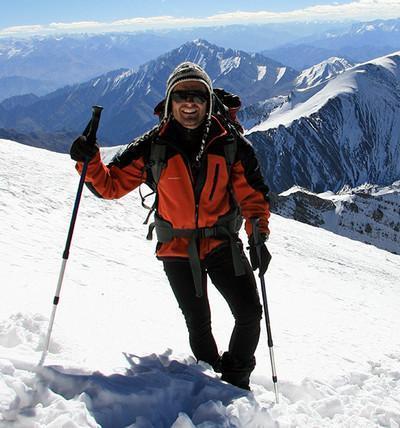If you're pregnant and considering going skiing, you may be wondering whether skiing during your pregnancy is safe. If so, you're not alone. It's important to know all the facts before you go. Here's some helpful advice: Avoid busy slopes, avoid high impact activities, and avoid altitude sickness.
Avoiding Busy Slopes
If you're pregnant while planning to go skiing, it's best to avoid busy slopes. This will reduce the risk of collisions. Even if you're a great skier, you can still be knocked into by someone else on the slope. In addition, you need to be aware of your limits. Take your time skiing down the slopes and take it easy.
It's safe to go skiing during your second trimester, although you should avoid busy slopes. It's also important to wear proper ski clothing, because if you're pregnant, it's more likely that you'll fall. You'll want to avoid high-impact accidents, which can be especially dangerous if you're not accustomed to them.
Avoiding High-Impact Activities
Avoiding high-impact activities during pregnancy is important for both mother and baby's health. This is because high-impact activities can cause trauma to the developing fetus. Activities such as rollerblading, rock climbing, and contact sports should be avoided during pregnancy. If you are concerned about your fetus's safety, discuss the risks with your health care provider. It is also important to listen to your body's signals. If you experience aches and pains during pregnancy, consult your midwife or doctor.
Guidelines for physical activity vary, but most countries agree that women should avoid high-impact activities during pregnancy. Some guidelines specify the frequency, duration, and intensity of physical activity. For example, some countries recommend that pregnant women should avoid strenuous physical activity for three months or less. Other guidelines are less restrictive and recommend moderate-intensity exercise for pregnant women.
Avoiding Altitude Sickness
Pregnant women are especially susceptible to high-altitude sickness, so it is essential to take special care to avoid complications. For example, it is crucial to allow enough time to acclimatise before going skiing, or you could risk experiencing breathlessness or injury. In addition, it is essential to avoid taking risks such as descending the slopes with a baby in tow.
The symptoms of high-altitude sickness are generally mild. If you are feeling faint, light-headed, unable to sleep, or nauseated, you should immediately return to a lower altitude. More severe symptoms include trouble breathing, coughing, and confusion. If you experience any of these symptoms, go back down to sea level and consult a doctor.
Avoiding Injuries
Skiing while pregnant is possible, but there are some precautions that you need to take. First, you should see your obstetrician or gynecologist, who can either recommend skiing or warn you against it based on the circumstances of your pregnancy. You should also avoid falling during your skiing trip.
Although skiing is a great pastime for expecting mothers, there are many risks associated with pregnancy. The first is a possibility of miscarriage, which is not 100% preventable. The other risk is sustaining an injury. A fall while skiing can result in placental abruption, rupture of the uterus, or even fetal death. While falling is not the most common complication, it can cause severe damage. To reduce the risk of falling while skiing, you should get plenty of rest and avoid sleeping at high altitude.
During pregnancy, your mobility will reduce significantly. You may find that walking is a lot easier, but skiing while pregnant requires a high level of physical fitness. Exercises like squats and lunges will help prepare your legs for the extra weight. Also, side reaches and bends will help strengthen the outer abdominal muscles.
Avoiding Falls
Pregnant women need to take extra precautions to avoid falling while skiing. A fall or injury can result in a miscarriage, which is one of the worst pregnancy risks. A pregnancy also changes a woman's body, which can make her more prone to injuries. Her center of gravity changes and her sense of balance is affected, making her more likely to fall.
Falling can cause fetal harm, premature labor, and placental separation. It can also lead to a premature birth or miscarriage. To avoid this problem, pregnant women should avoid fall-prone activities and consult their doctor before beginning any new activity. Skiing while pregnant has its pros and cons, read more about it.





